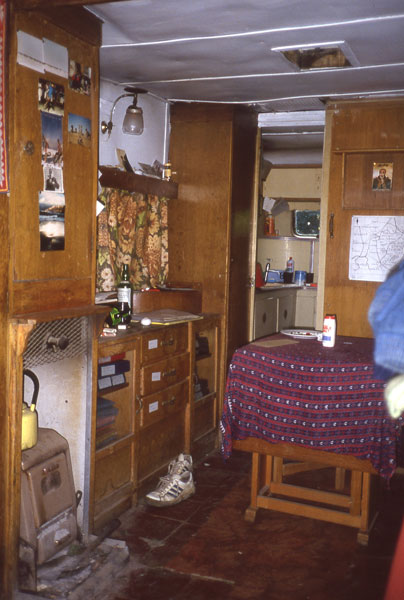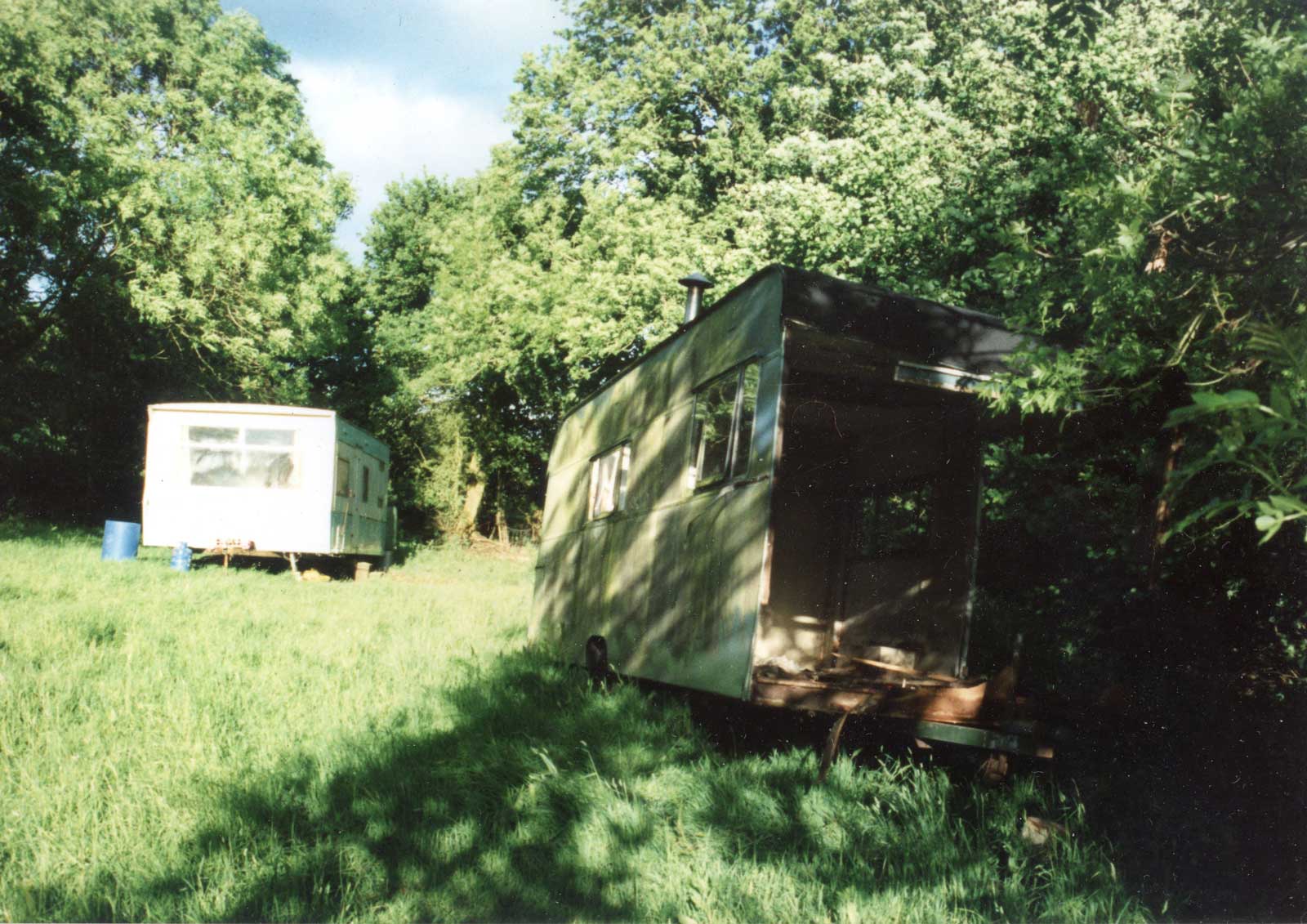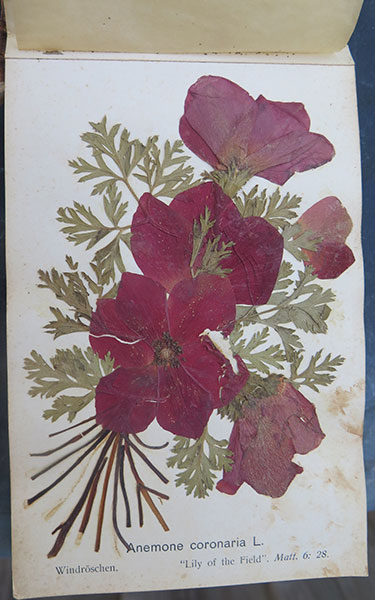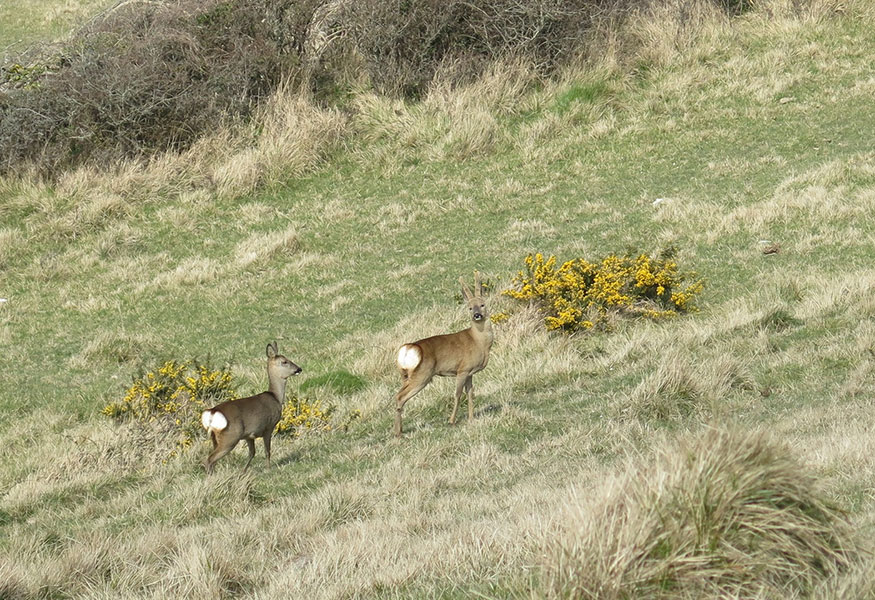13. Trailer Trash

12. On Failing To Arrive
July 16, 2020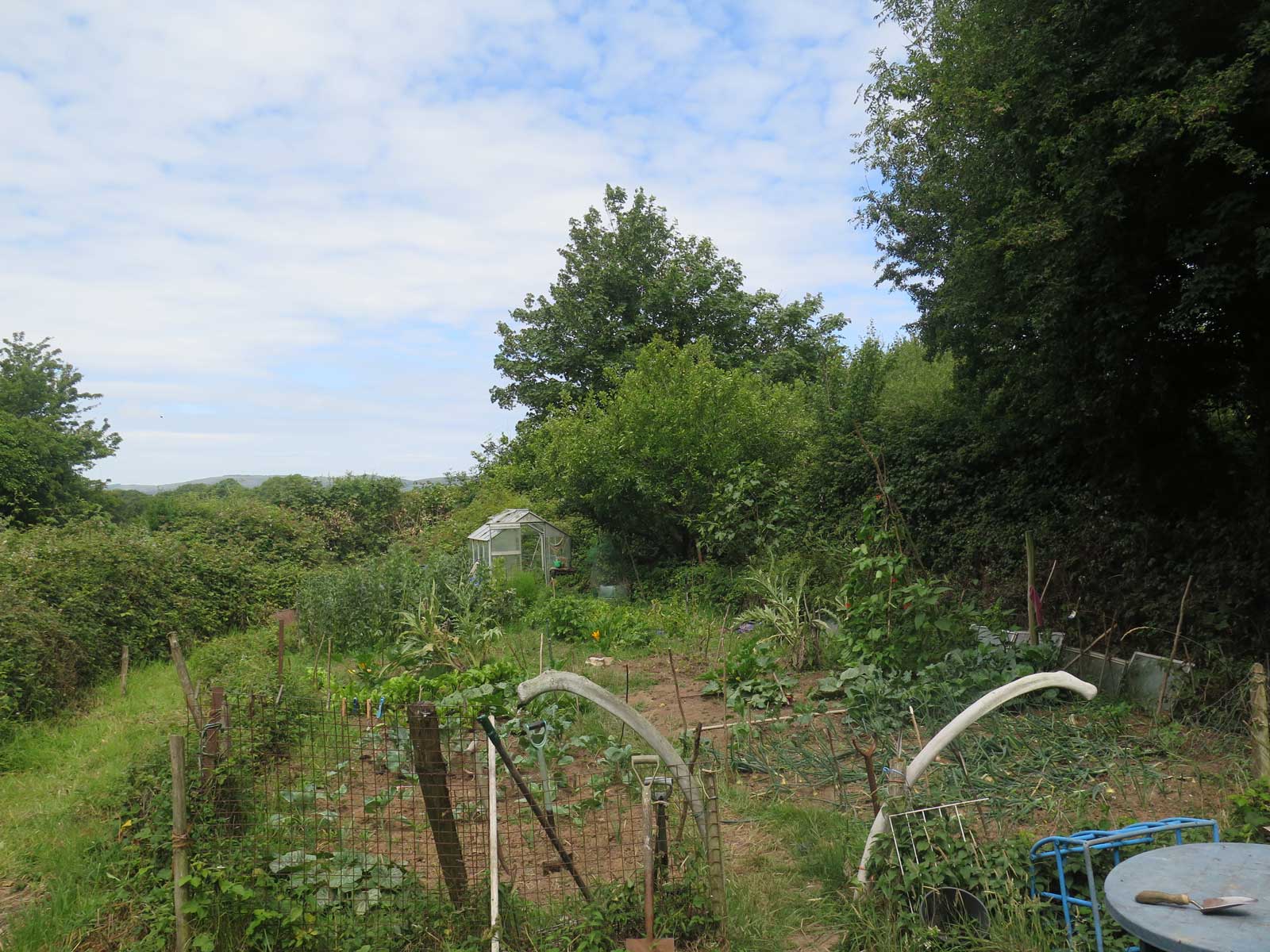
14. Back Home In Purbeck 2020
July 30, 2020I like that term, trailer trash, an American expression describing folk who live in caravans. The user has a good idea of what it means - people who, for reasons never questioned, end up at the bottom rung of the housing ladder. A judgement made in ignorance by the sort of person who makes it. Having lived in a caravan for more than thirty years, I feel blessed to be among that trash.
As long as my parents lived in Swanage, I had a home. The house, a tight fit for six, became very empty when we children left so, in 1977, they moved away, down-sizing. Both were from army families, a fixed home an expendable luxury. Farnham, where they settled, was 90 miles away from Swanage, not far from Sandhurst, the military academy, and Aldershot, where my father enjoyed the army library. The town had personal resonance; they had married there and relations lived nearby. Others like them retired to that area. In the shops, the library, they would chance on folk last met, in the 1930s, in Poona, Quetta, Meerut. London, which everyone passed through and where several of their grandchildren lived, was close. They were happy.
But Purbeck remained my now-houseless home. The region was beautiful, in the middle of the south coast, a couple of hours from London. Housing had been cheap; in the 1950s, most who lived there worked there. Increasing mechanisation of the main occupations – farming, fishing, quarrying, clay mining – reduced the labour requirements. Since few working folk had cars, many shifted to towns in search of employment. Better-off people, living and working in big cities, dreamed of a country life. They had cars, bought up empty cottages for holiday homes with a view to retirement. With this new demand, prices soared. With neither fortune nor income enough to compete, it was necessary to improvise.
I tended to return from India in spring. That was the peak tourist season. Every vacant house or flat could command a high premium. The Grosvenor Hotel, in Swanage, a major employer between May and September, provided very basic accommodation for its workers; I could sign on as a waiter. The men's quarters were spread along an upstairs corridor - Death Row, we called it - with windows giving onto the road. Food was free, work hours inconvenient. Save one day off a week, waiters served three meals and were free only during the gaps in between.
More often I worked at my friend, Trev's quarry polishing or sawing stone. One summer, he planned to rent a derelict cottage and suggested I use it while he was doing it up' there was some problem with the lease, so he never signed it. Already installed, I stayed there for a year only leaving to return to India. No one questioned my presence. Later, there was an old caravan in the quarry, acquired for an office but never used. In short, housing was a regular worry but something always turned up.
The floor of the valley was stepped. Landslides had blocked the river at intervals, slowing its flow to a meander over a grassy plain before it rushed down another rocky obstruction onto the next terrace. We left early up one of the steep dams, looking back at Falaksher's snowy peak. Johann tried fishing again, but immediately lost his spinning lure. We could see large trout. Some boys came to fish, bearing balls of mud full of worms for bait. At Mahodand lake he tried using what bait we could find, weighting the line with a coin, my metal kurta studs. Again the line broke - rotten gut, or badly knotted? A couple of armed youths on ponies suggested meat for bait. What meat? We climbed the next dam to another plateau. Johann wanted to fish: an excuse: he was tiring. I accepted an early halt and we tried again. I caught a long, thin bottom-feeding fish – not much flesh to it – and cooked it among the rocks where we planned to sleep. Running out of water, we tossed a coin for who would venture into the dark for more. He lost and staggered back to the river.
Next morning a steep ascent through birch wood led onto another plateau. A shepherd said we might find food at Barra Bengal village; they only offered tea. We struggled on then settled in the shade beside a field of eidelweiss.
'It is 2.30. We've been here an hour. Johann is asleep as I write. I can't see him making the pass by tomorrow night and we have very little food. The choughs are making quite a row. Clouds are collecting down the valley – rain? That's all we need! This is rock-strewn meadow, the sound of goats here and there, the distant roar of the river.'
Perhaps Johann wasn't sleeping, only thinking. He said he must go back down. I persuaded him a bit further, carrying his bag up another few rocky stages; the last dam was wholly barren, blacker rock, hard going. It was getting dark, the valley gaunt and eerie in the miasma, cold, patches of snow by the river. We stopped. I put on all my clothes and, having smoked a joint, tried to sleep but my head was too busy. The moon rose, still bright, adding to the desolation.
Then it was Friday 13th. A good day for failure. Johann had altitude sickness. We descended the rocks, me with his rucksack in front. Hard to see the path. Five men, four with rifles, were coming up. I was nervous. We exchanged salaams and they said it was only one day's journey to Larspur, well beyond the pass. So close!
Even the descent was tough. I felt sorry for Johann, humiliated. At Kalam he left immediately for Peshawar. I stayed, hoping for another companion to complete the trek. A camp young Berlinner appeared. He was up for it. I knew the type: he would make it. We planned to leave in a couple of days...and then the rain moved in again.

